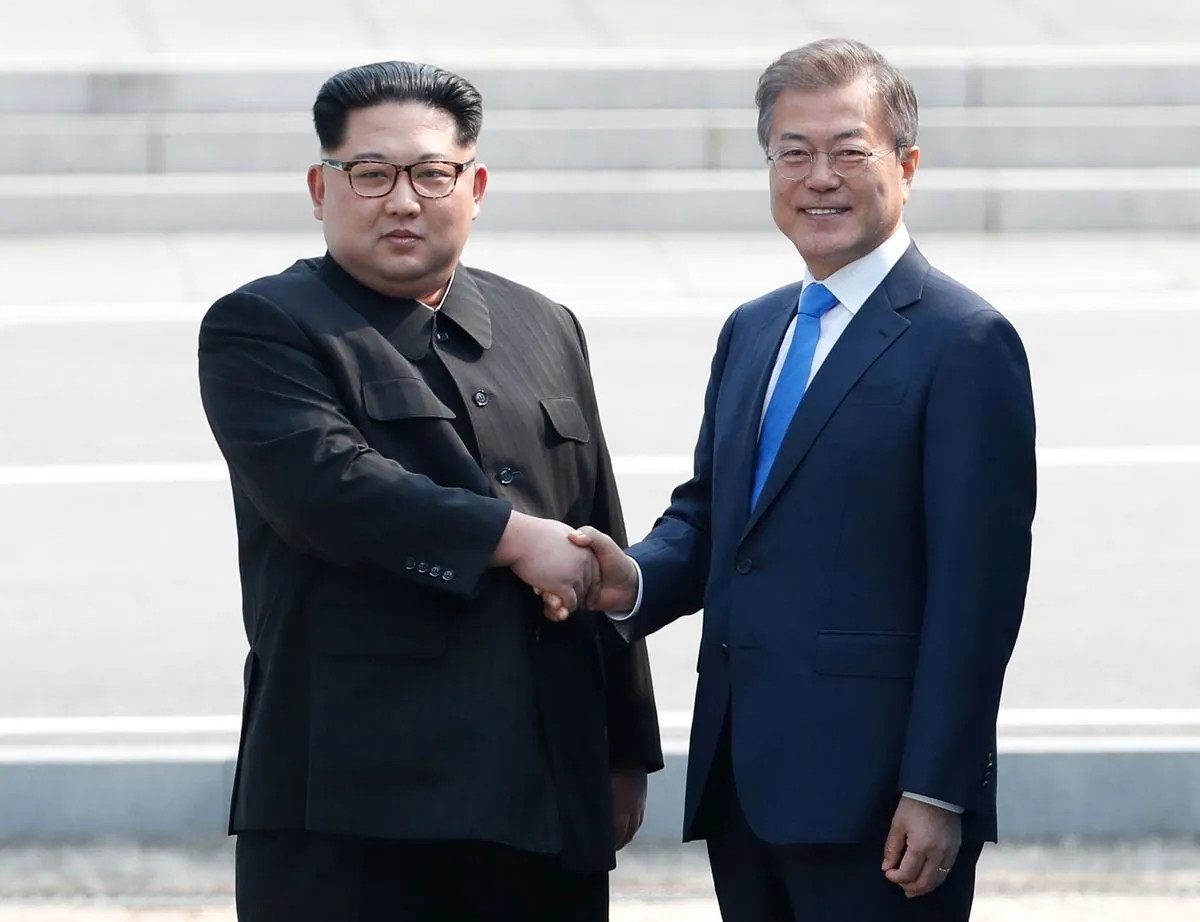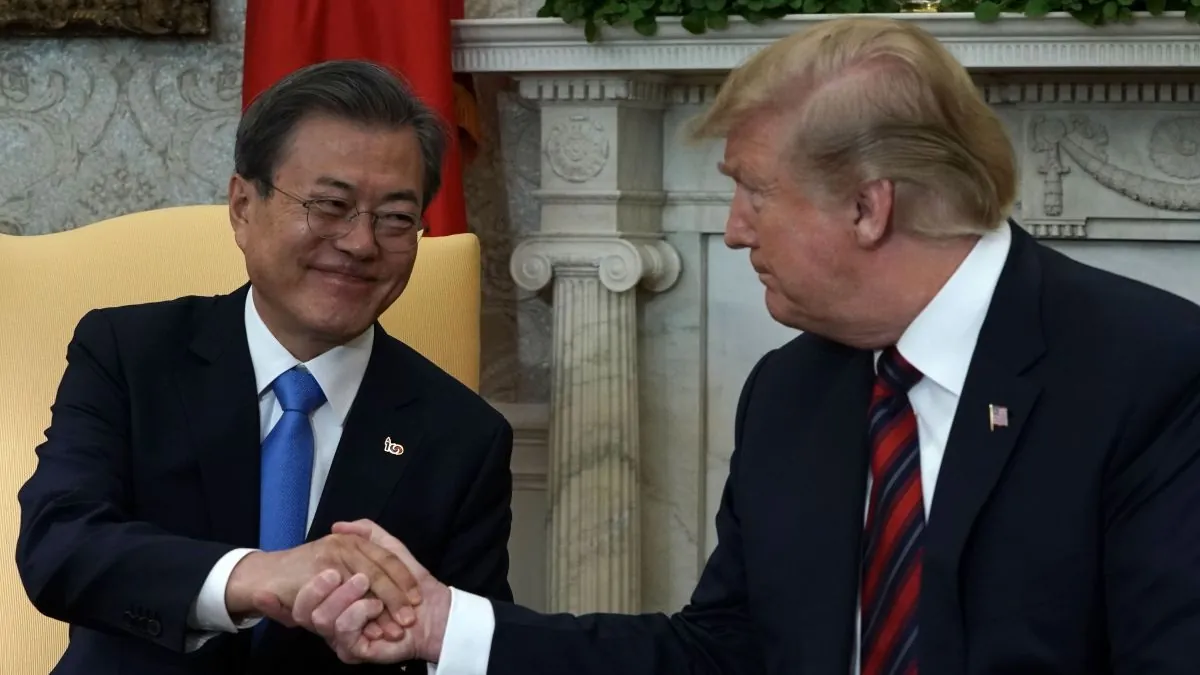Moon Jae-in's Memoir Unveils South Korea's Diplomatic Balancing Act
Former South Korean President Moon Jae-in's memoir reveals insights into his foreign policy, including surprising details about North Korean negotiations and his approach to regional diplomacy.

Former South Korean President Moon Jae-in has released a memoir titled "From the Periphery to the Center in South Korea," focusing on international affairs during his 2017-2022 tenure. The book, structured as a dialogue with former advisor Choi Jong-kun, offers a unique perspective on South Korea's diplomatic challenges and achievements.
Moon, who served as the 12th President of South Korea, argues that his administration elevated the country's global standing through various means. These include:
- Showcasing democratic resilience during the Candlelight Revolution
- Effectively managing the COVID-19 pandemic
- Engaging in peace efforts with North Korea
The memoir, containing approximately 200 footnotes, aims to provide a balanced view by incorporating diverse perspectives and encouraging readers to form their own opinions.
Several revelations emerge from the book:
- Kim Jong Un shared his email address with Moon for direct communication
- A high-level contact informed South Korea about Kim's positive 2018 New Year speech
- Moon's surprisingly positive view of former U.S. President Donald Trump

Regarding inter-Korean relations, Moon expresses disappointment in recent developments, noting that Kim has shifted away from using inclusive terminology for all Koreans. However, Choi Jong-kun suggests that North Korea's stance remains reactive to approaches from South Korea and the United States.
The memoir also sheds light on the liberal foreign policy approach in South Korea. Moon emphasizes the importance of:
- Maintaining a strong alliance with the United States
- Pursuing diplomacy and engagement with North Korea
- Balancing relations with China and Russia
Moon's administration faced criticism for its "strategic ambivalence" in relations with China. Choi defends this approach, arguing that engaging with Beijing does not undermine the U.S.-South Korea alliance and can be beneficial for regional stability.
"There are three pillars in national security: military, diplomacy, and veterans affairs."
The book highlights Moon's commitment to recognizing independence fighters and caring for veterans, drawing from his personal background as a child of North Korean refugees and his military service in the Republic of Korea Army's Special Forces.
In conclusion, Moon's memoir provides valuable insights into the complexities of South Korean foreign policy, balancing alliance commitments, regional diplomacy, and the pursuit of peace on the Korean Peninsula. As South Korea continues to navigate its role in the international arena, the lessons and perspectives shared in this book may inform future diplomatic endeavors.


































